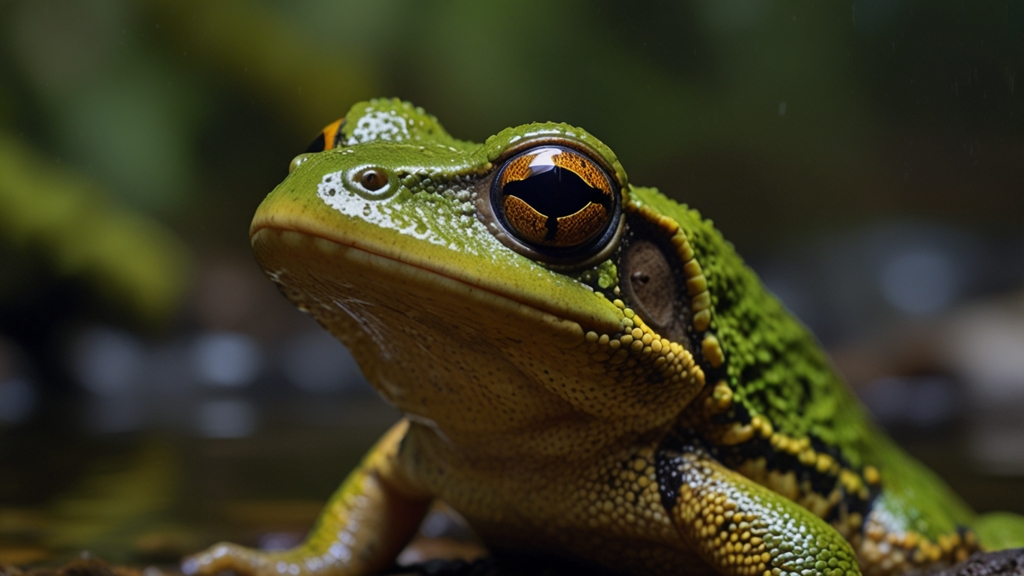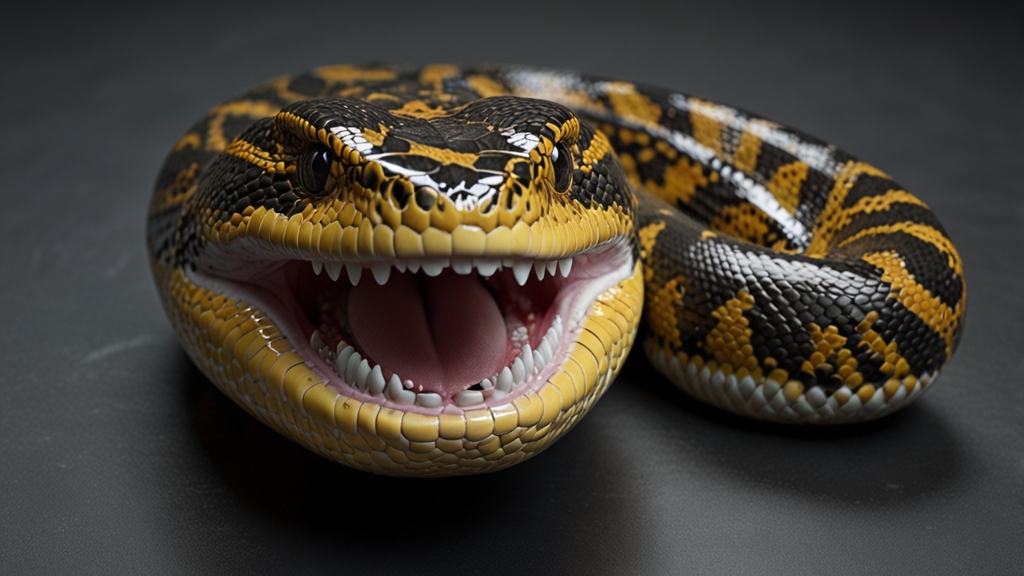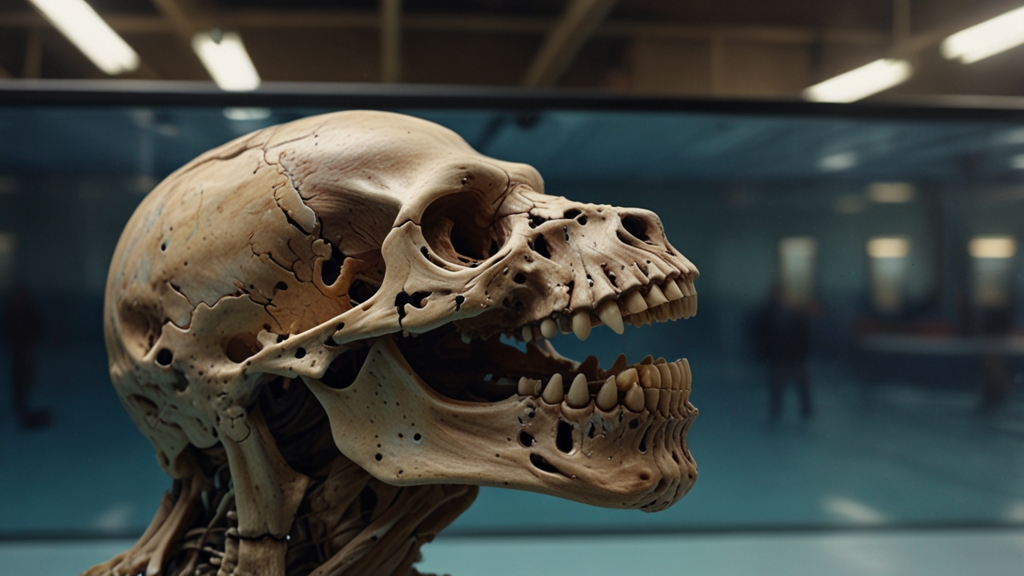The Great Animal Rescue: A Global Call to Save Our Wildlife
The Earth is home to an astounding array of wildlife, from the majestic elephants of Africa to the tiny, vibrantly-colored frogs of the Amazon rainforest. However, our planet's rich biodiversity is under threat. The Great Animal Rescue is an urgent global call to action aimed at saving our wildlife from extinction and preserving the intricate web of life for future generations. This article explores the critical need for wildlife conservation, the challenges we face, and the solutions that can lead us toward a more sustainable and harmonious coexistence with nature.
The Importance of Wildlife
Wildlife plays a vital role in maintaining the balance of ecosystems. Each species, no matter how small, has a specific function that contributes to the health of the environment. For instance, bees are crucial for pollination, which supports plant growth and agriculture, while predators like lions help control herbivore populations, preventing overgrazing and promoting vegetation growth. The loss of any species can disrupt these natural processes, leading to unforeseen consequences that can affect entire ecosystems and, ultimately, human life.
"In the end, we will conserve only what we love; we will love only what we understand; and we will understand only what we are taught." – Baba Dioum
Challenges to Wildlife Conservation
There are numerous threats to wildlife, many of which are driven by human activities. Habitat destruction, climate change, pollution, and poaching are some of the primary culprits. Deforestation, for example, not only leads to the loss of habitat for countless animal species but also contributes to climate change by reducing the Earth's capacity to absorb carbon dioxide. Similarly, pollution in oceans and rivers can devastate aquatic life, while poaching and illegal wildlife trade push many species to the brink of extinction.
Global Conservation Efforts
Despite the challenges, there are many dedicated organizations and individuals working tirelessly to protect wildlife. International agreements such as the Convention on International Trade in Endangered Species of Wild Fauna and Flora (CITES) aim to regulate and monitor the trade of endangered species. Conservation programs focus on preserving vital habitats, breeding endangered species in captivity, and reintroducing them into the wild. Additionally, community-based conservation efforts involve local populations in the protection and sustainable management of wildlife, ensuring that conservation benefits both people and nature.
"The greatness of a nation and its moral progress can be judged by the way its animals are treated." – Mahatma Gandhi
What Can We Do?
As individuals, we have the power to make a difference. Supporting conservation organizations through donations and volunteer work is one way to contribute. We can also make more sustainable lifestyle choices, such as reducing our carbon footprint, avoiding products that harm wildlife habitats, and supporting eco-friendly companies. Education and raising awareness are equally important. By spreading the word about the plight of wildlife and the importance of conservation, we can inspire others to take action.
The Path Forward
The Great Animal Rescue is not just about saving animals; it's about protecting the delicate balance of life on Earth. It requires a concerted effort from governments, organizations, and individuals worldwide. With dedication, innovation, and cooperation, we can overcome the challenges facing wildlife conservation and ensure a future where both humans and wildlife can thrive. The time to act is now; the call to save our wildlife is one that must be answered for the sake of our planet and future generations.
"Until one has loved an animal, a part of one's soul remains unawakened." – Anatole France











